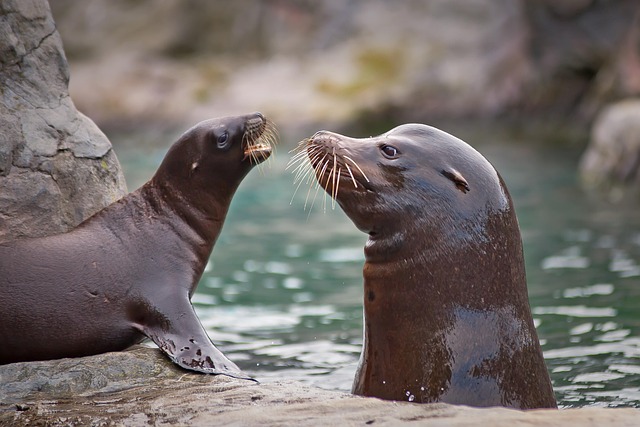The vastness of our oceans is both breathtaking and vital to the health of our planet. Yet, beneath these shimmering waves lies an untouched realm rich in minerals, inspiring mankind’s yearning for exploration. However, as we delve into the world of marine mining, it is essential to consider the delicate balance between progress and preservation. The environmental impact of extracting resources from ocean floors stretches beyond mere economic benefit; it influences our coastline, ecosystems, and ultimately, climate change.
Marine mining refers to the extraction of mineral resources from the ocean floor, including precious metals, sand, and gravel. This practice has surged in popularity due to the growing demand for these materials in construction, technology, and renewable energy sectors. Unfortunately, the methods employed in marine mining are often destructive. Dredging and dragging operations can disrupt entire marine habitats, causing irreversible damage to biodiversity and local ecosystems. The disturbance of sediment can lead to increased turbidity, affecting sunlight penetration and ultimately harming aquatic life, from corals to fish species.
The coastline, where land meets sea, is particularly vulnerable to the repercussions of marine mining. The extraction process can lead to beach erosion and altered ocean currents, changing the natural landscape and habitats that countless species depend on. As coastlines shift and erode, communities that rely on these areas for their cultures and economies face unprecedented challenges, including flooding and loss of livelihood, exacerbating social inequalities.
But the implications of marine mining extend beyond our immediate surroundings. The link between maritime resource extraction and climate change cannot be overlooked. As ecosystems degrade, their ability to act as carbon sinks diminishes, releasing stored carbon back into the atmosphere. Healthy marine environments, such as seagrasses and mangroves, play a crucial role in mitigating climate change by absorbing carbon dioxide and helping to regulate global temperatures. By disrupting these habitats through marine mining, we worsen the very crisis we seek to alleviate.
Moreover, the increased demand for minerals exacerbates the reality of climate change through further industrialization and resource depletion. As nations scramble to secure access to these valuable materials, they often overlook the environmental cost, prioritizing short-term gains over long-term sustainability. This race for profit is oftentimes fueled by a lack of understanding or concern for the interconnection between our actions and their consequences on the planet.
As stewards of the Earth, we must challenge ourselves to rethink our approach to resource extraction. The practice of marine mining, while economically motivated, requires an immediate call to action to protect our oceanic environments. Policy changes, responsible mining practices, and a commitment to restoring damaged ecosystems are vital if we wish to safeguard not only our coastlines but also the climate stability of our planet.
Engaging in a mindful relationship with our oceans means understanding the delicate balance required to preserve the integrity of marine ecosystems. Education and awareness are paramount; we must advocate for sustainable alternatives that prioritize ecological health over economic short-termism. The future of our coastline and the health of our planet depends on the choices we make today regarding industry practices and environmental responsibility.



